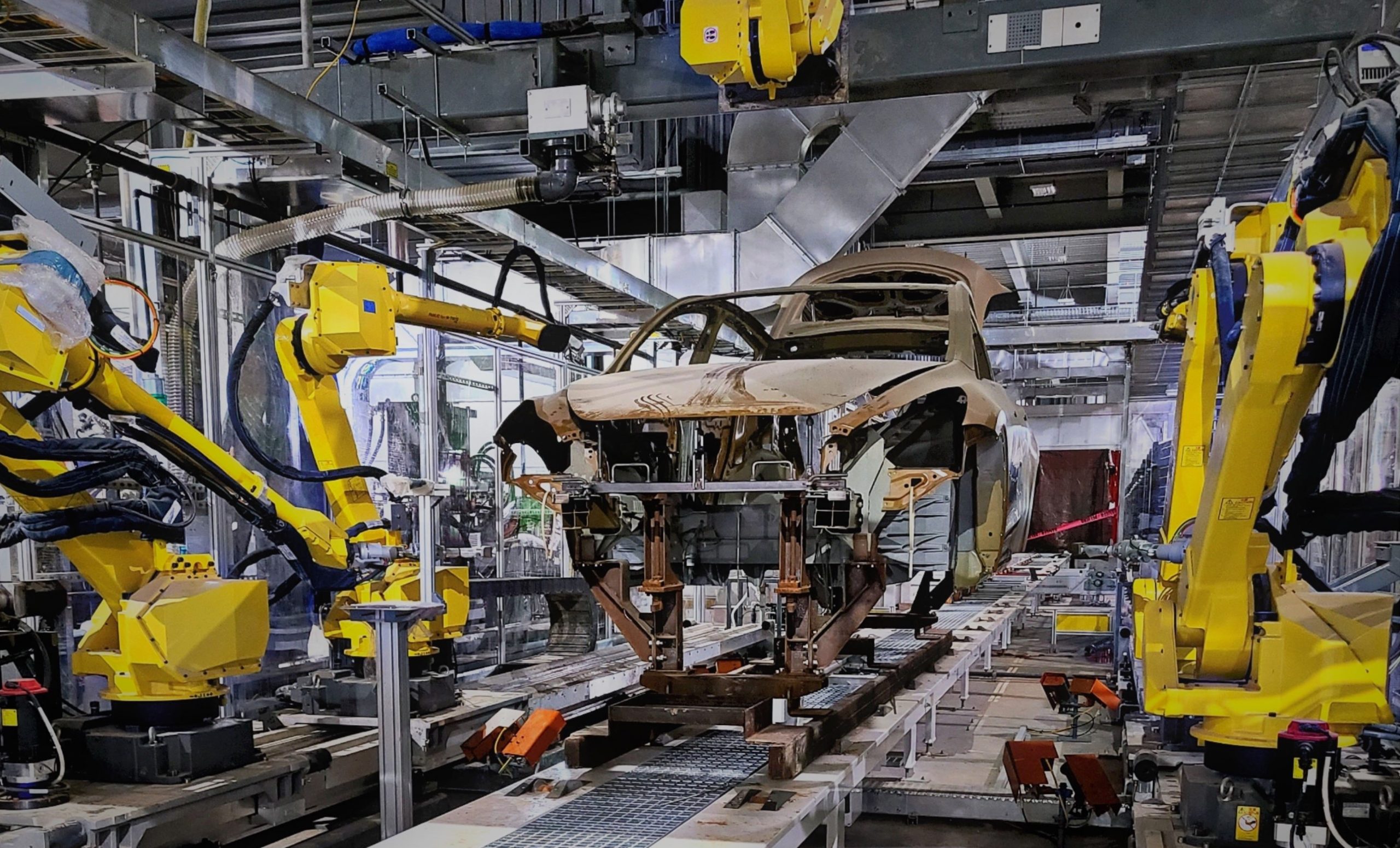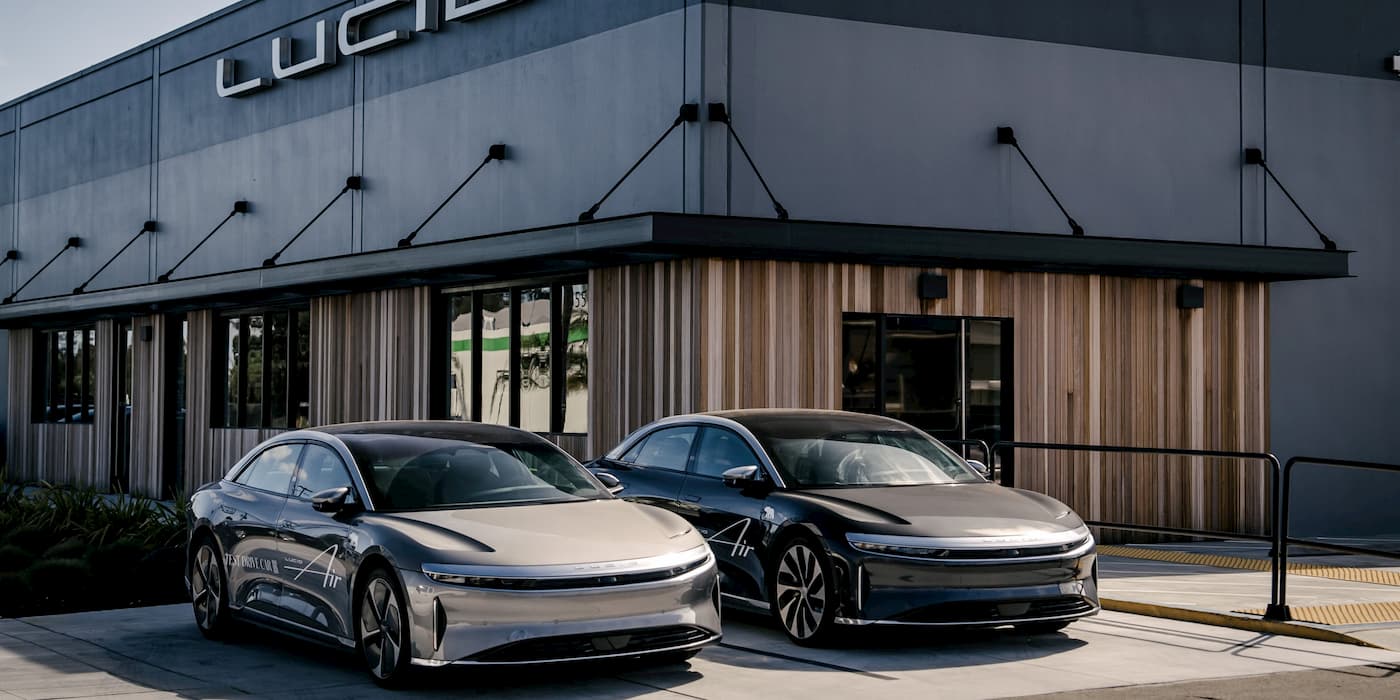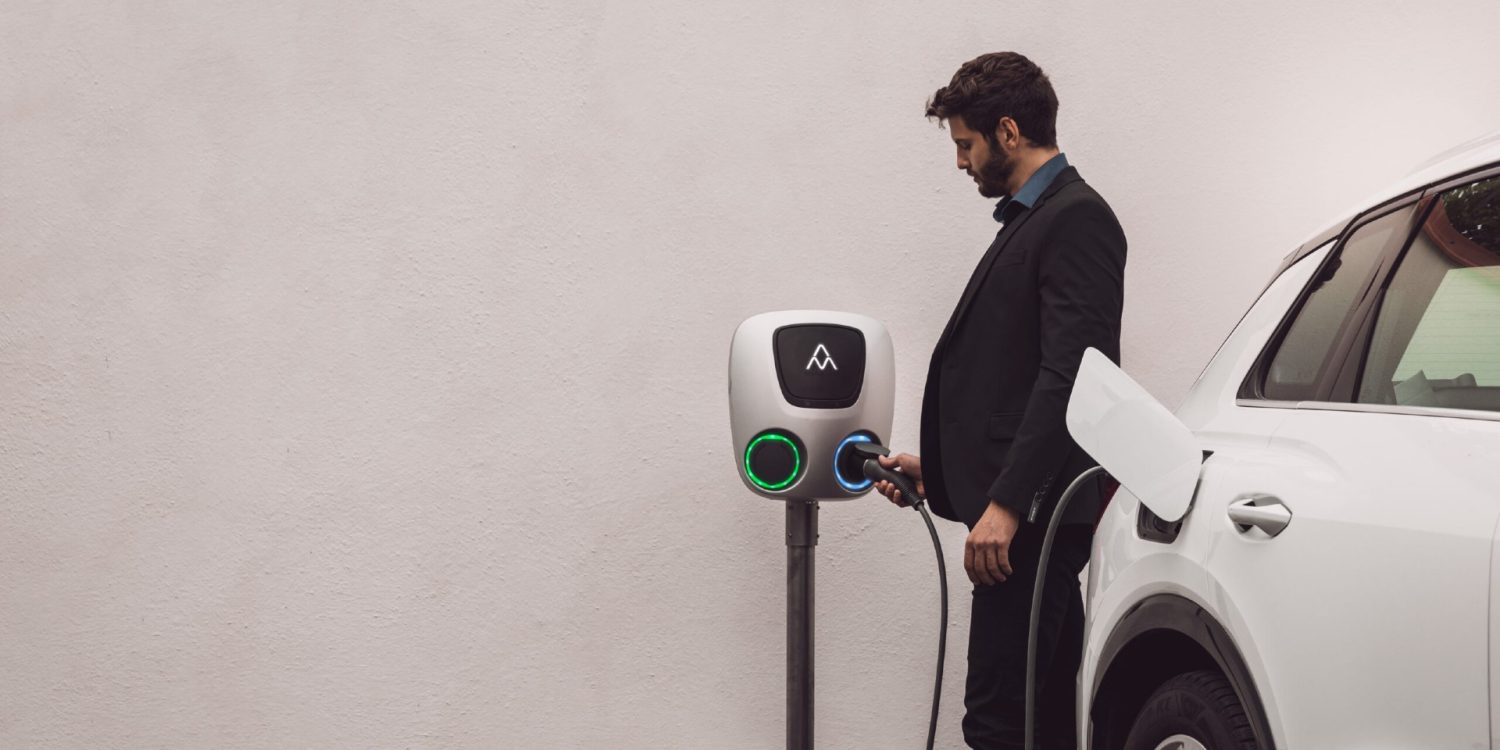Tesla’s production output at its Grünheide factory in Germany has reportedly fallen below expectations due to an alleged shortage of staff. The electric car manufacturer, known for its ambitious production goals, is facing challenges in maintaining its initial production rate of the Model Y as a result of workforce constraints.
According to reliable sources, including internal documents and accounts from Tesla employees, the initial milestone of producing 5,000 Model Y vehicles per week, achieved in March, has proven to be a singular accomplishment rather than a sustained benchmark. Detailed analysis of internal documentation from July and August reveals that the factory’s production target was set at 870 vehicles per day, translating to 4,350 vehicles per week, a notable 650 units short of the March peak.
However, recent reports indicate that even these revised goals have not been consistently met. Insider sources suggest that the factory’s current internal target hovers around 750 vehicles per day, equivalent to fewer than 4,000 vehicles each week. This production shortfall is attributed to a shortage of personnel within the factory, further exacerbated by employee grievances regarding excessive workloads and an observed rise in sickness rates among the production staff.
Among the potential factors contributing to this situation are recent events such as vacation periods and the termination of contracts for a significant number of temporary workers. While these claims remain unverified at present, they are consistent with reports from insiders who highlight the ongoing workforce challenges affecting Tesla’s Grünheide operations.
Despite these workforce-related setbacks, the current production output appears to be meeting the demand, albeit with certain caveats. Prospective Tesla buyers, irrespective of their powertrain, paint, and rim preferences, can anticipate their ordered Model Y to be delivered in August or September, as stated on the official Tesla configurator. This translates to a maximum waiting period of five weeks. Furthermore, the Model Y continues to maintain its position as the best-selling electric model in multiple European markets in the year 2023.
The Grünheide factory, which commenced Model Y deliveries in March 2022 with the performance variant featuring black paint, has progressively expanded its offerings. This includes the incorporation of the long-range model, a variety of paint options, and the recent addition of a base model equipped with an LFP battery from BYD. The factory’s operational schedule has also evolved, with three-shift production commencing in April 2023. Notably, plans for further expansion are already underway since the initiation of the approval process in July.
In response to queries surrounding the reported production challenges, Tesla has yet to address a comprehensive questionnaire submitted by the editorial team at Business Insider. As the situation unfolds, stakeholders and industry observers remain vigilant about the company’s ability to navigate these operational obstacles and maintain its standing in the competitive electric vehicle market.







